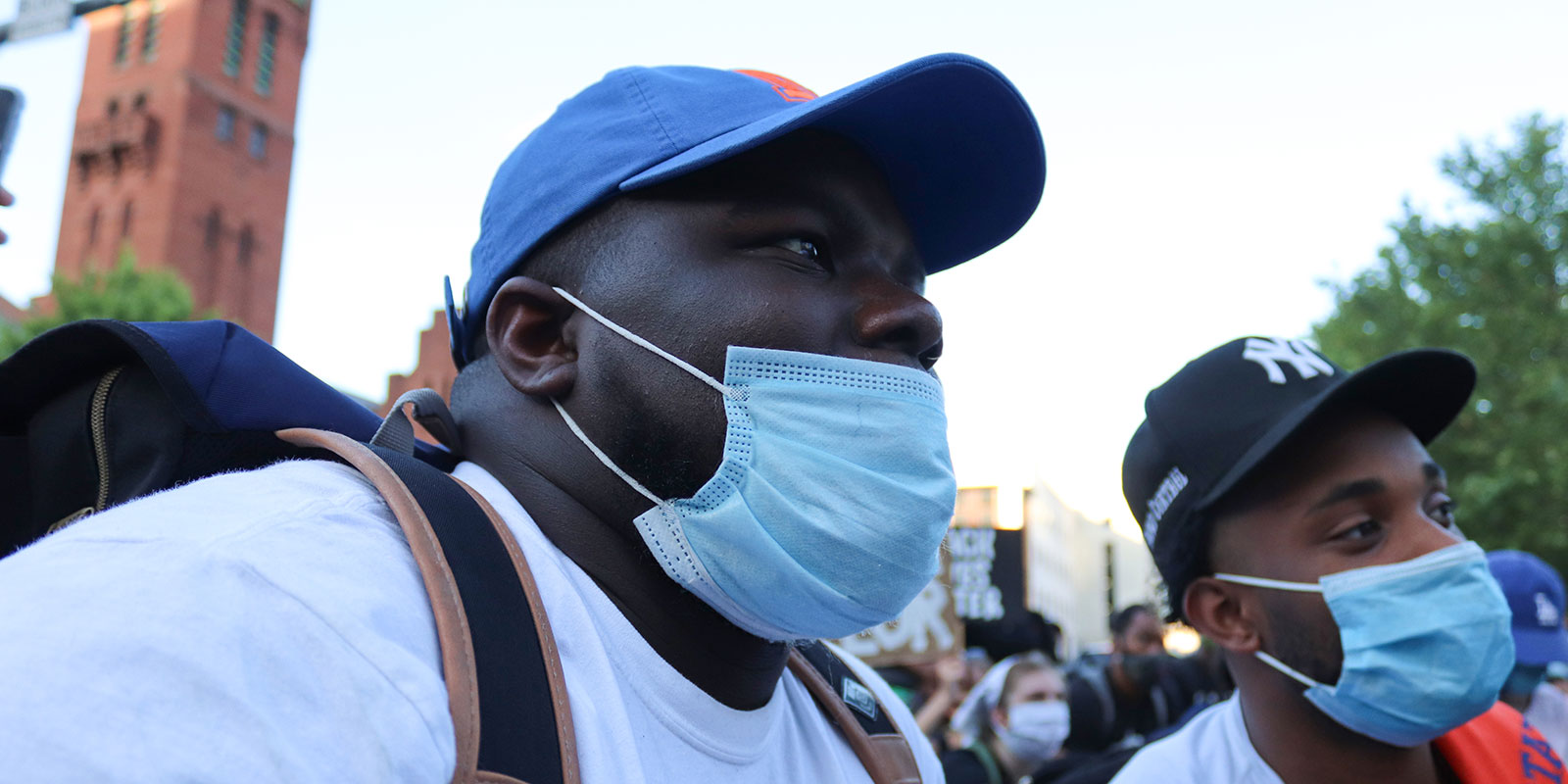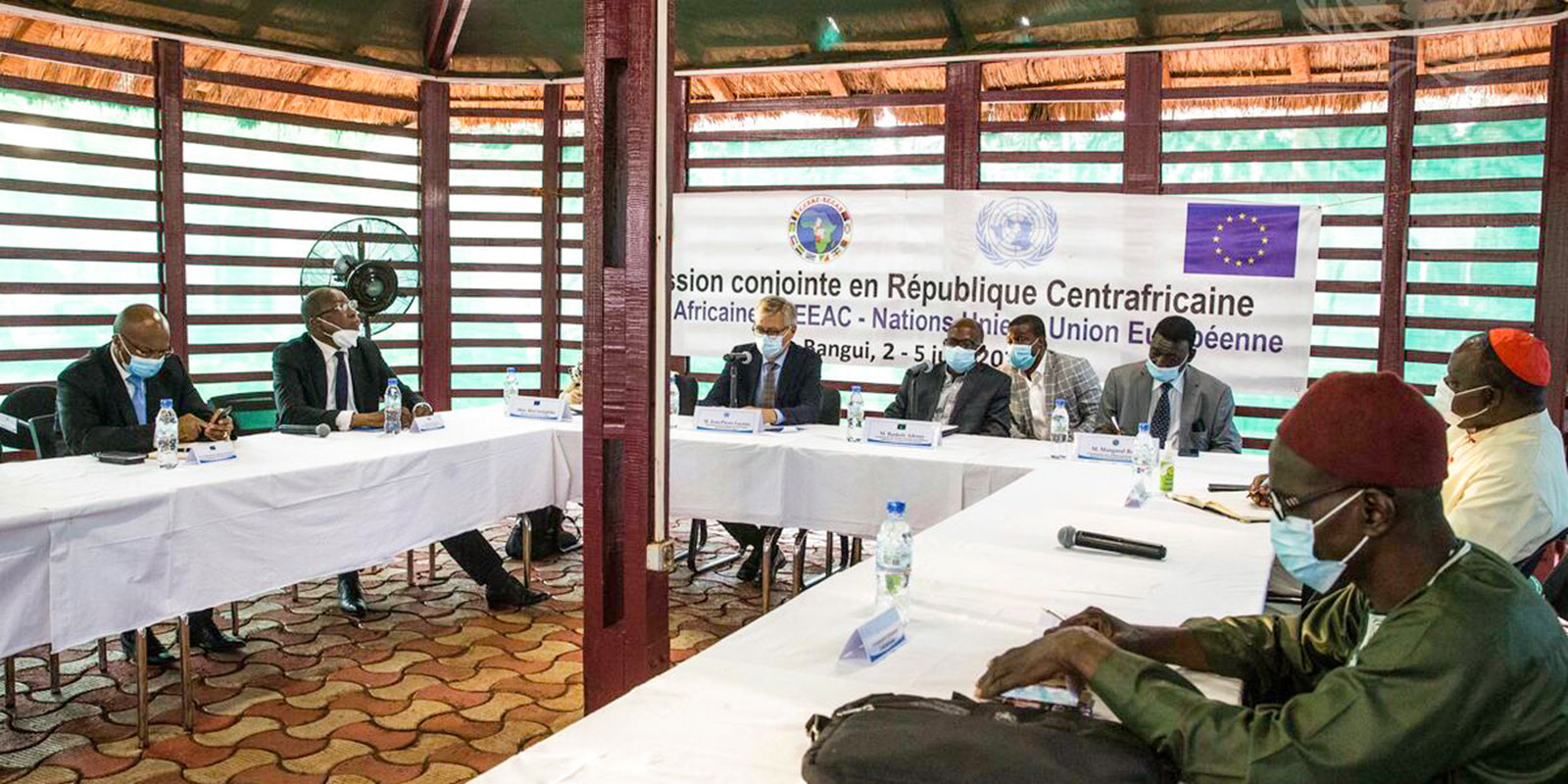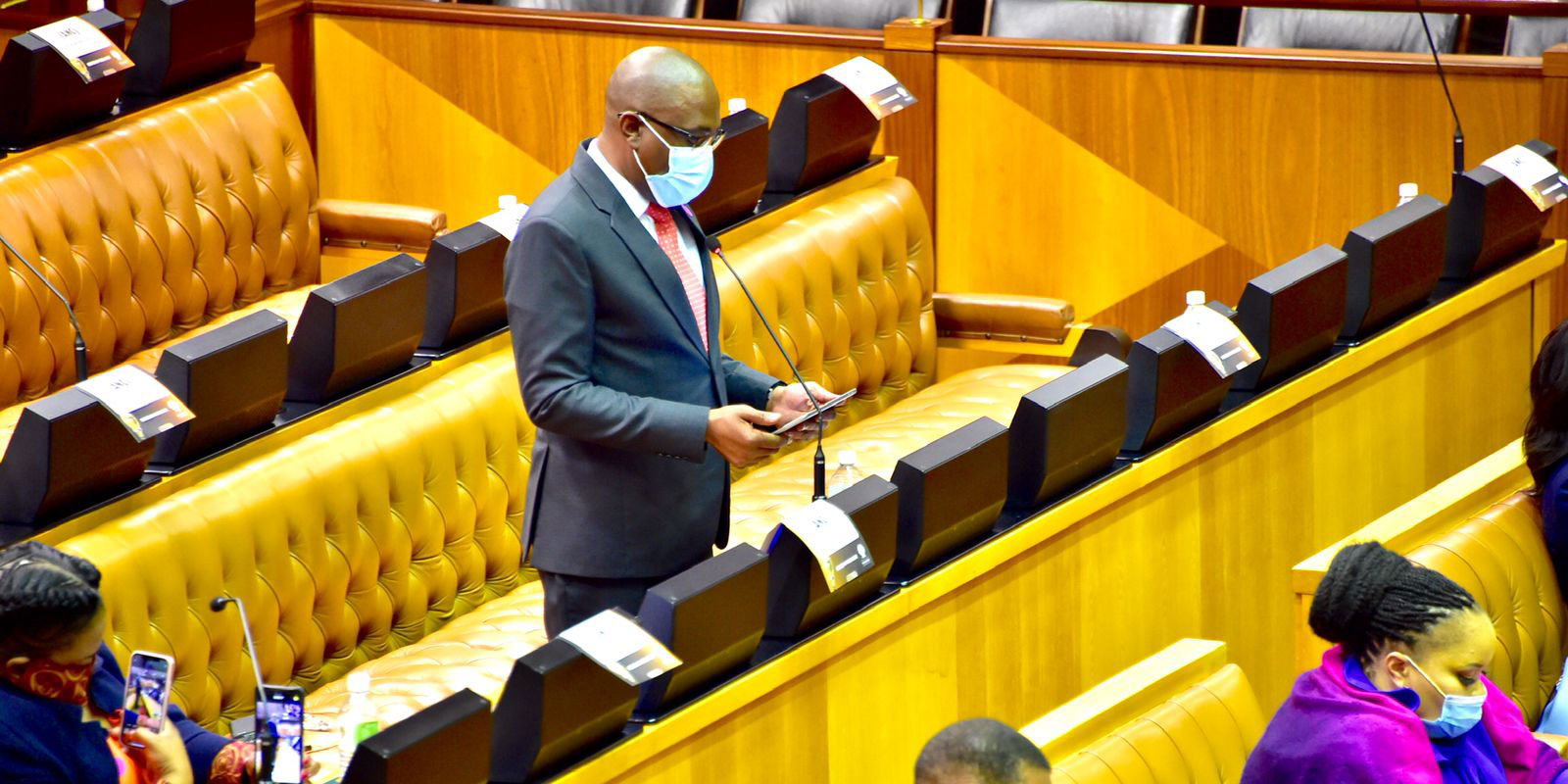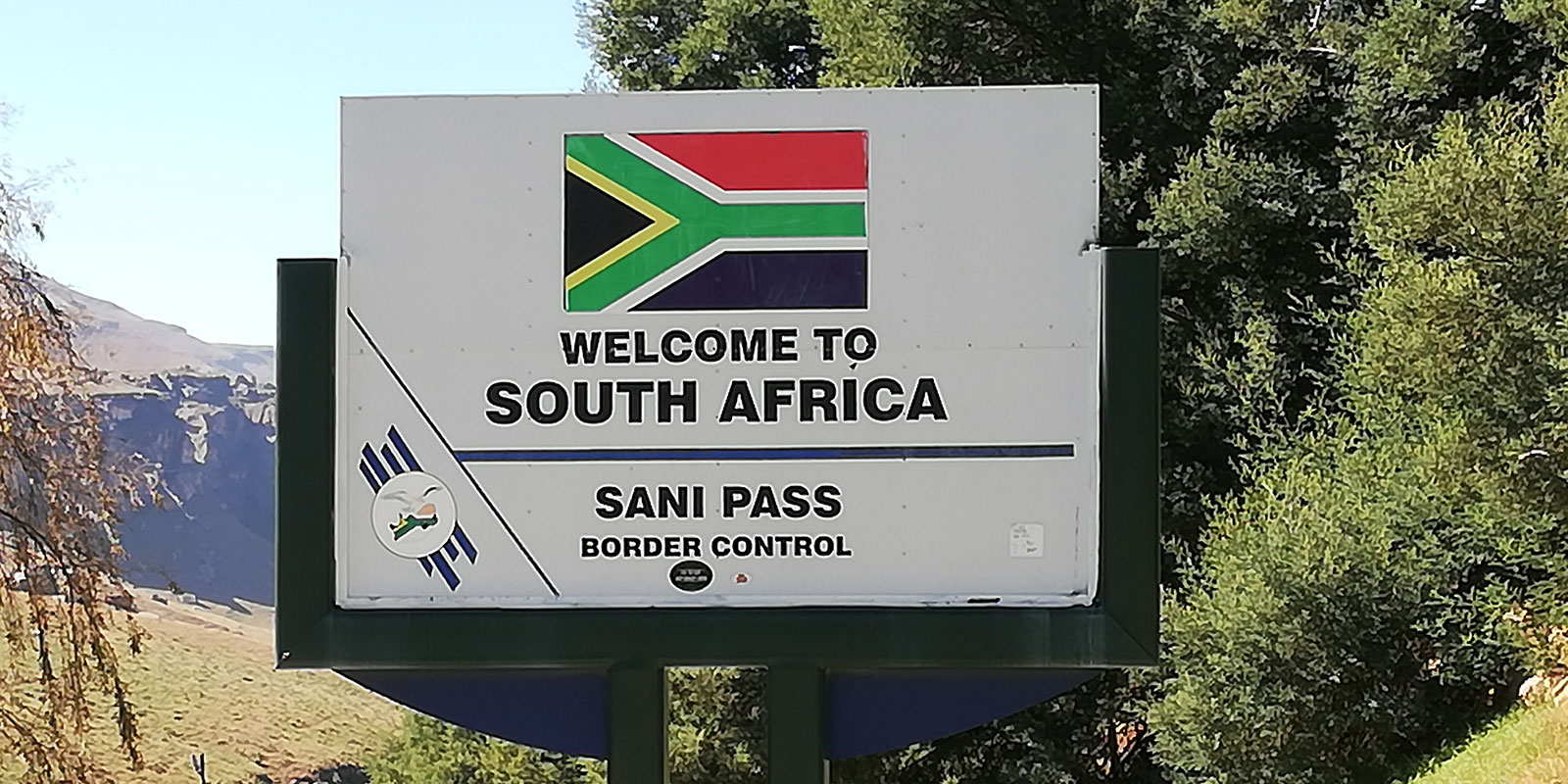For this week’s monitor we have two feature articles. The first of our feature articles is from Kapinga Yvette Ngandu, the Commissioner for Gender, Human and Social Development in the Economic Commission for Central African States. She writes about the significance of the African Union’s decision to launch the Luanda Biennial as one of the efforts to foster a culture of peace and non-violence in Africa. Her article therefore, touches on the role that Regional Economic Communities should play in fostering a culture of peace and non-violence.
Our second feature article is by Boemo Mmandu Sekgoma, the Secretary-General of the Southern African Development Community-Parliamentary Forum, who reflects on the important role that parliaments can play in mitigating the impact of the COVID-19 and on some of the Forum’s efforts in this regard.
Finally, we end this week’s monitor with an article by Mongi Henda who is an independent researcher based in Germany. Henda writes about South Africa’s border control policies, and the impact the latest changes to the laws governing the country’s borders may have on attitudes to migration and social cohesion in South Africa.







